
Η νυχτερινή εφίδρωση είναι μια ενόχληση που συνδέεται συνήθως με ύπνο σε περιβάλλον με θερμοκρασία ανώτερη από την ιδανική. Ωστόσο, όσοι ξυπνούν κάθιδροι από την νυχτερινή εφίδρωση ή παρατηρούν αλλαγές στο πώς ιδρώνουν, καλό θα ήταν να το κοιτάξουν κάνοντας εξετάσεις
"Κλειδί" ο υποθάλαμος του εγκεφάλου
Εμείς κοιμόμαστε αλλά ο υποθάλαμος του εγκεφάλου, που ρυθμίζει την θερμοκρασία του σώματός μας, όχι. Έχοντας πάνω από 2.000.000 ιδρωτοποιούς αδένες υπό τις διαταγές του για να μας κρατά δροσερούς, παραμένει σε επιφυλακή έτοιμος να δώσει εντολή για την έκκριση ιδρώτα σε περίπτωση που η θερμοκρασία ανέβει για οποιονδήποτε λόγο, ημέρα και νύκτα, αποτρέποντας φυσικώς το ενδεχόμενο… υπερθέρμανσης.
Ποιες ασθένειες συνδέονται με τη νυχτερινή εφίδρωση
Η νυχτερινή εφίδρωση επηρεάζει περίπου το 3% των ανθρώπων και ίσως να είναι ένα προειδοποιητικό σημάδι κάποιας πάθησης. Αν και στην πλειονότητά τους τα αίτια της εφίδρωσης την νύχτα δεν είναι απειλητικά για την ζωή μας, θα ήταν φρόνιμο να μην αδιαφορήσουμε καθώς μπορεί «να κρύβει κάτι» –κάποια λοίμωξη, π.χ. φυματίωση, HIV ή γρίπη. Επίσης η αυξημένη εφίδρωση μπορεί να υποκρύπτει ορμονικές διαταραχές λόγω εμμηνόπαυσης, διαβήτη, θυρεοειδούς, εφηβείας ή εγκυμοσύνης.
Η αποφρακτική υπνική άπνοια, η γαστροοισοφαγική παλινδρόμηση, οι αγχώδεις διαταραχές και η παχυσαρκία μπορεί να ευθύνονται κι αυτές για τα μουσκεμένα σεντόνια, όπως ενδεχομένως και ο καρκίνος, καρδιαγγειακές παθήσεις, η νόσος του Πάρκινσον αλλά και κάποια φάρμακα, ιδίως αντικαταθλιπτικά, αντιδιαβητικά, παυσίπονα και στεροειδή. Αν δεν υπάρχει συγκεκριμένο, προσδιορισμένο αίτιο, τότε υπάρχουν τρόποι να μετριασθεί το φαινόμενο.
Αντιμετώπιση
Ο ύπνος σε δροσερό περιβάλλον με ελαφρά, μη συνθετικά κλινοσκεπάσματα και πιτζάμες από υφάσματα που «αναπνέουν» βοηθά. Το ίδιο και ένα ελαφρύ αντιιδρωτικό στα σημεία του σώματος που ιδρώνουν περισσότερο –μασχάλες, χέρια, πόδια, πλάτη, στήθος, ή όπου αλλού κρίνετε χρήσιμο. Το αλκοόλ, η καφεΐνη, τα βαριά ή πικάντικα φαγητά 2-3 ώρες πριν την κατάκλιση ας αποφεύγονται. Χρήσιμη είναι και η καθημερινή άσκηση για την διατήρηση φυσιολογικού βάρους, η κατανάλωση άφθονου νερού κατά την διάρκεια της ημέρας και –για τους πιο προχωρημένους– οι ασκήσεις χαλαρωτικών αναπνοών πριν τον ύπνο. Για την μείωση της εφίδρωσης υπάρχουν και ειδικά φάρμακα αλλά αυτά θα πρέπει να λαμβάνονται μόνο εφόσον συμβουλευτούμε γιατρό.
What Are Night Sweats?
You could break
into a sweat when your room feels warm or you've piled on too many
blankets. But that's not what we're talking about. "Night sweats" refers
to repeated drenching perspiration in the middle of the night that's
likely to wake you, and sometimes so much that you need to change your
sheets. It's usually related to a medical issue. Dealing with whatever
that is may relieve the sweating.
Overactive Thyroid
Sweating more and
being sensitive to heat are notable symptoms of hyperthyroidism. Your
thyroid gland controls your metabolism, so when it makes too much
hormone, your body goes into overdrive. Your body temperature rises, and
you could be hungrier or thirstier, have a racing pulse or shaking
hands, feel tired and out of sorts, get diarrhea, and lose weight.
Low Blood Sugar
Do you have
diabetes? While your blood glucose may be OK when you turn in, it can
drop while you're asleep. Maybe you had a very active day, or exercised
in the evening, or had a late dinner. If you use insulin or take a
sulfonylurea-type drug to manage your diabetes, that may be responsible
for your overnight hypoglycemia. When your glucose is lower than 140
mg/dL before bed, or it could fall in a few hours, have a snack.
Sleep Apnea
When you have this
condition, you briefly stop breathing over and over during the night.
Because your body isn't getting oxygen, it may slip into "fight or
flight" mode, which triggers sweating. Each time it has to kick-start
breathing means a burst of work from your muscles, too. People who use a
CPAP machine to help them breathe at night have night sweats about as
often as those who don't have sleep apnea.
Acid Reflux
It's not only the
heartburn and chest pain that can wake you up. GERD hasn't been studied
much as a cause of night sweats, but doctors say there’s a possible
connection. And treating it can often ease your night sweats. Eat
smaller meals, and not before bed. Avoid trigger foods -- like those
that are fatty, fried, or tomato-based. See your doctor if your symptoms
are severe or happen more than a couple of times a week.
Lymphoma
Many cancers can
cause night sweats, but the most common is lymphoma, which starts in
parts of your body's immune system, like lymph nodes, the spleen, bone
marrow, and the thymus. About a quarter of people with Hodgkin's
lymphoma get night sweats and have a low fever. They may also be tired,
itchy, and, after drinking alcohol, hurt where their tumor is. People
with aggressive or advanced non-Hodgkin's lymphoma can get drenching
night sweats, too.
Medications
Lots of drugs may
cause night sweats, including over-the-counter fever reducers like
acetaminophen and NSAIDs such as aspirin and ibuprofen. Older
antidepressants, called tricyclics or TCAs, as well as bupropion and
venlafaxine, hormone replacement therapy, and steroids like cortisone
and prednisone are common suspects. Some medicines for glaucoma and dry
mouth also stimulate your sweat glands. Check with your pharmacist or
doctor.
Tuberculosis
About half of all
people who get this disease have night sweats. The bacteria usually grow
in your lungs. You'll probably have a serious, painful cough with blood
and colored gunk (phlegm). You also might feel feverish, tired, and
weak, and have no appetite.
Anxiety
Stress, worry, and
panic can make you break out in a sweat during the day, so it's no
surprise anxiety can have the same effect at night. Nightmares and sleep
terrors are less common in adults than children, but both can leave
anyone sweaty and with a pounding heart. Seek help from a counselor,
therapist, or your doctor if these disturbances are ongoing or causing
problems in your life.
HIV
Fever, sore or
swollen lymph nodes, and joint pain are more common symptoms after you
first get the virus and become HIV-positive, but about 1 in 10 people
get night sweats. People living with HIV who have symptoms like weight
loss and diarrhea may get night sweats once a week or so. AIDS-related
opportunistic infections like mycobacterium avium (MAC, MAI) and
cytomegalovirus can cause them, too.
Tumors
Prostate cancer,
kidney cancer, and some tumors in the ovaries and testicles (both
cancerous and not) are common examples of what doctors call "solid
tumors" that can cause night sweats. A type of advanced thyroid cancer
and cancer in your pancreas could also set them off. Night sweats are a
classic symptom of carcinoid syndrome, the effect of a rare cancer
usually found in your digestive system or lungs.
Menopause
"Hot flashes"
before and after your final period can be hard to distinguish from night
sweats. Younger women who've had both ovaries removed or who stopped
menstruating because of chemo can also get them. They're more likely to
happen when you're anxious, depressed, or have a drink every day. But
just because you're a woman of the right age (typically, in your late
40s or 50s), don't assume your night sweats are menopause-related.
Infection
A recent bacterial
infection could trigger night sweats, often with a fever. For example,
you could get brucellosis from raw milk or unpasteurized cheese, or if
you handle animals or animal products. Other common bacterial infections
are endocarditis (the inner lining of your heart), osteomyelitis
(bone), and a pocket of pus in your liver called a pyogenic abscess.
Pheochromocytoma
This rare tumor
that grows in the adrenal glands usually isn't cancerous, but it can
cause your body to make too many hormones, which raise your blood
pressure and cause night sweats, headache, and a racing pulse. Most
people with a pheochromocytoma are between 20 and 50. You're more likely
to have it if you have a hard time controlling your high blood pressure
or have family members who've had one or a related genetic disorder.
Find Relief
A lower temperature
in the bedroom and fans to circulate the air may make you more
comfortable. Use moisture-wicking quick-dry sheets and PJs. Avoid
synthetic fabrics that don't breathe. If you can't figure out what's
causing your night sweats, keep a diary to share with your doctor.
Ideally, you'll be able to treat the cause and not just the symptom.
SOURCES:
WebMD , IATROPEDIA
Αυτές οι
πληροφορίες προορίζονται για γενική ενημέρωση του
κοινού και σε καμία περίπτωση δεν μπορούν να αντικαταστήσουν
τη
συμβουλή ιατρού ή άλλου
αρμόδιου
επαγγελματία
υγείας
.
This information is intended as a
general guide only and not to provide specific information for individual
patient care. Any questions about your own situation should be directed to your
medical practitioner.
.
Pediamed
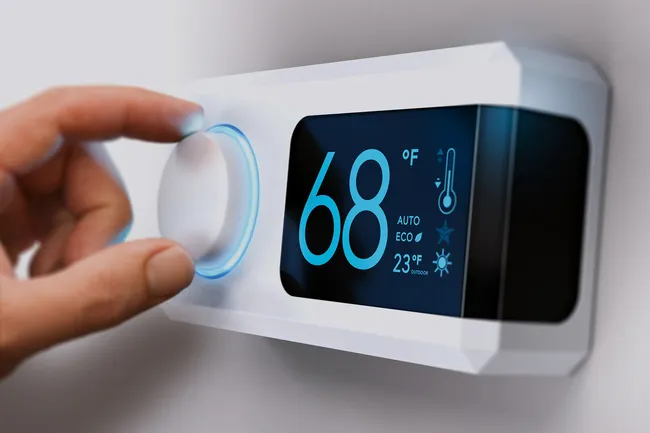

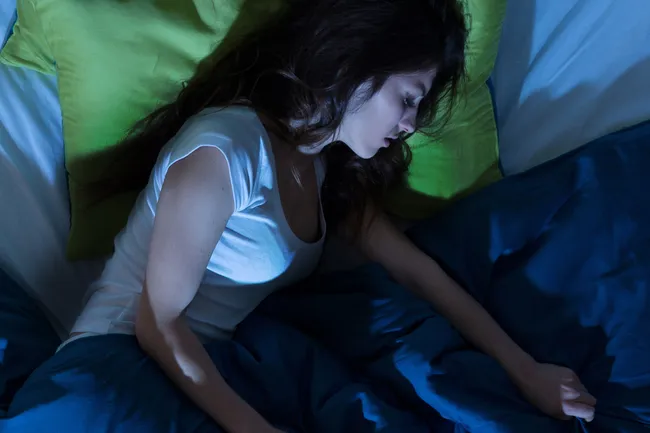
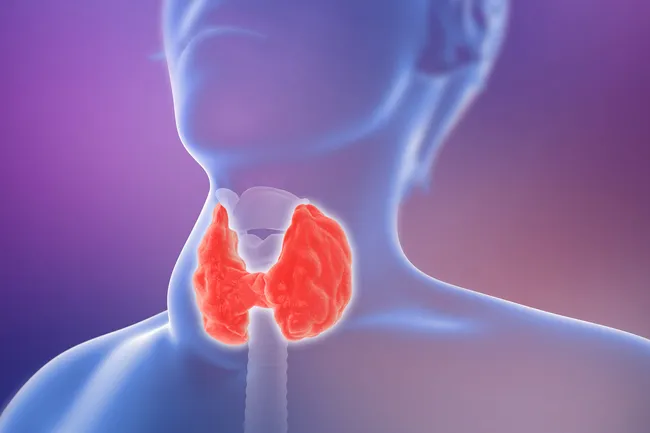
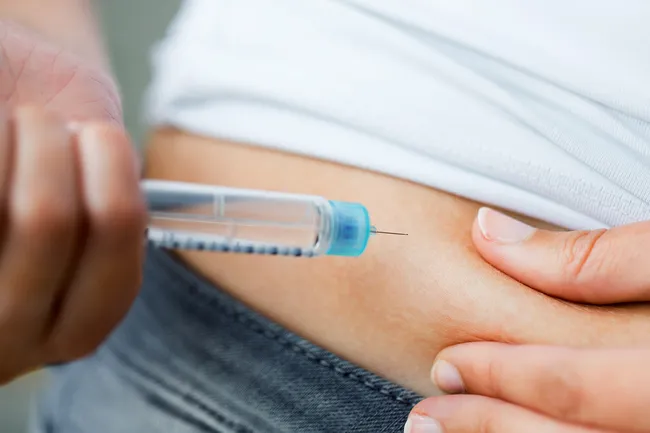
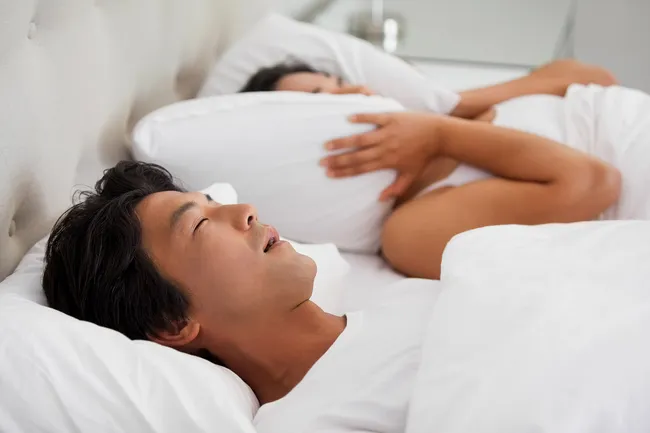
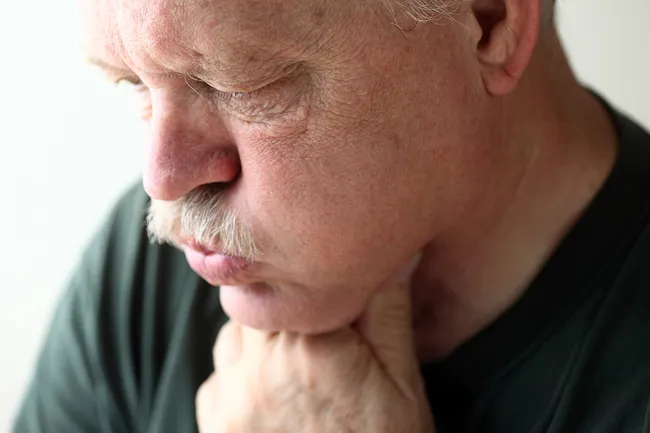
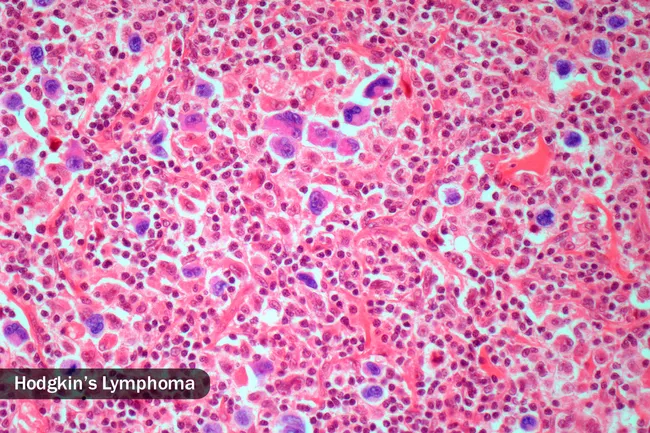
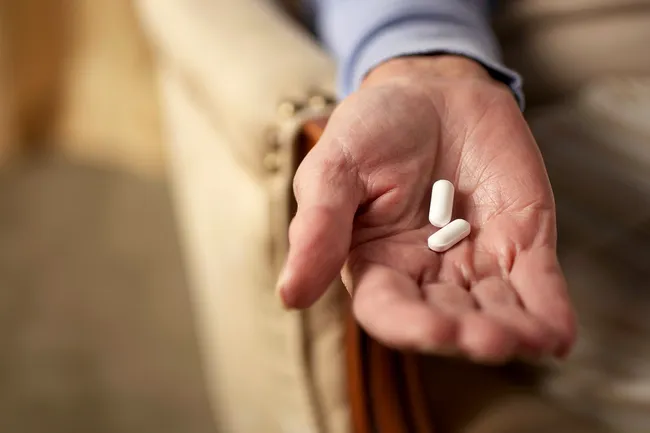
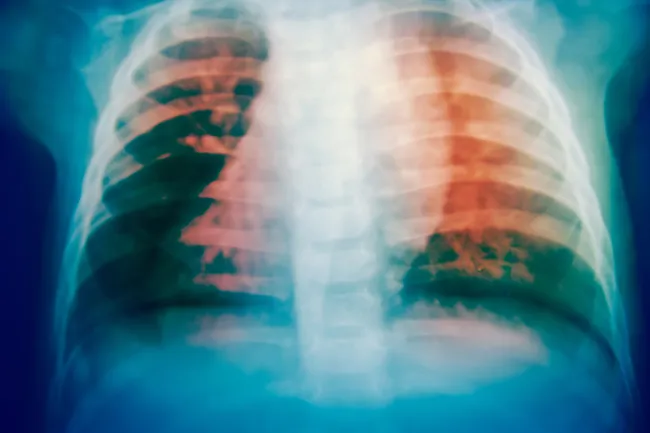
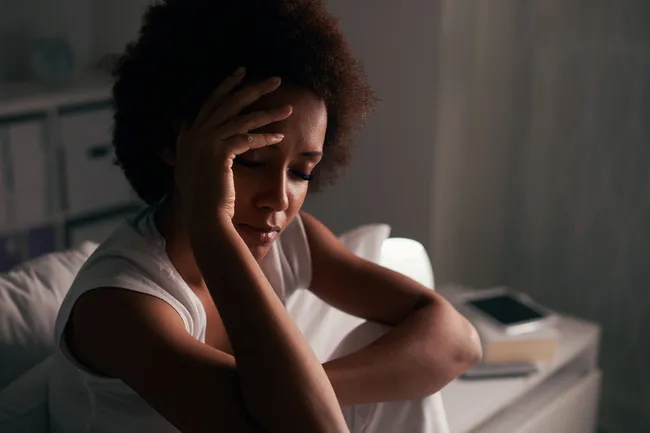
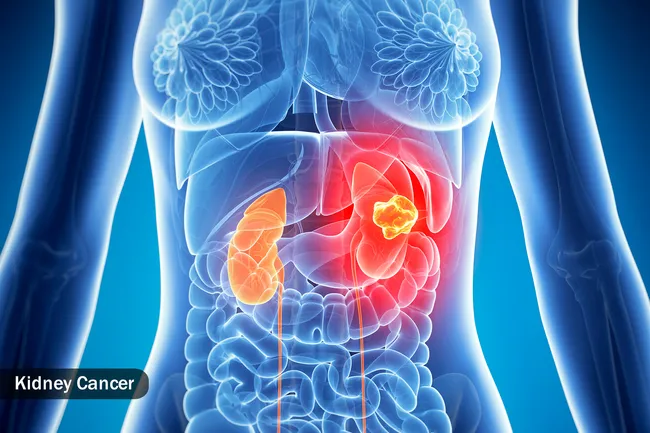

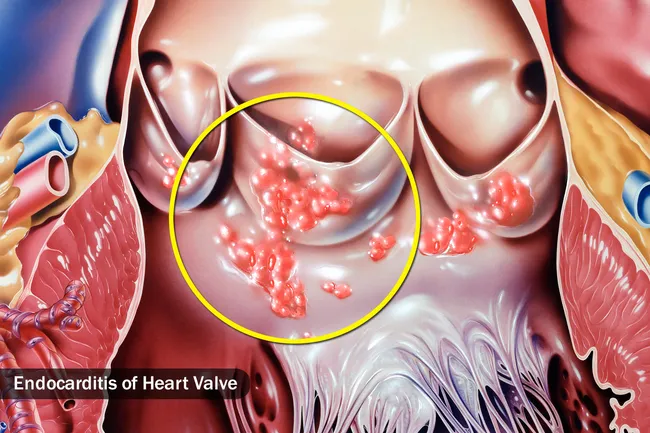
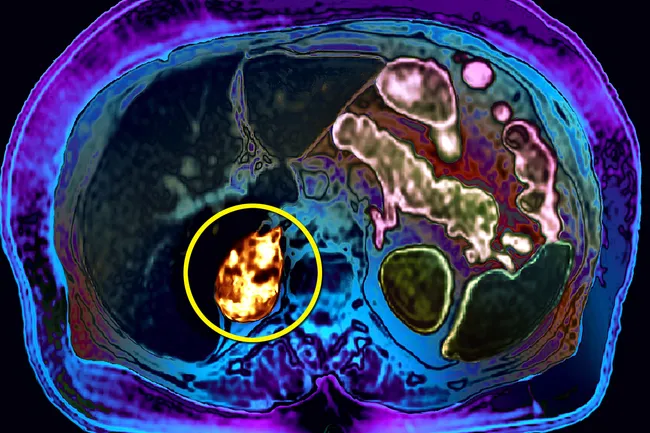
Δεν υπάρχουν σχόλια:
Δημοσίευση σχολίου